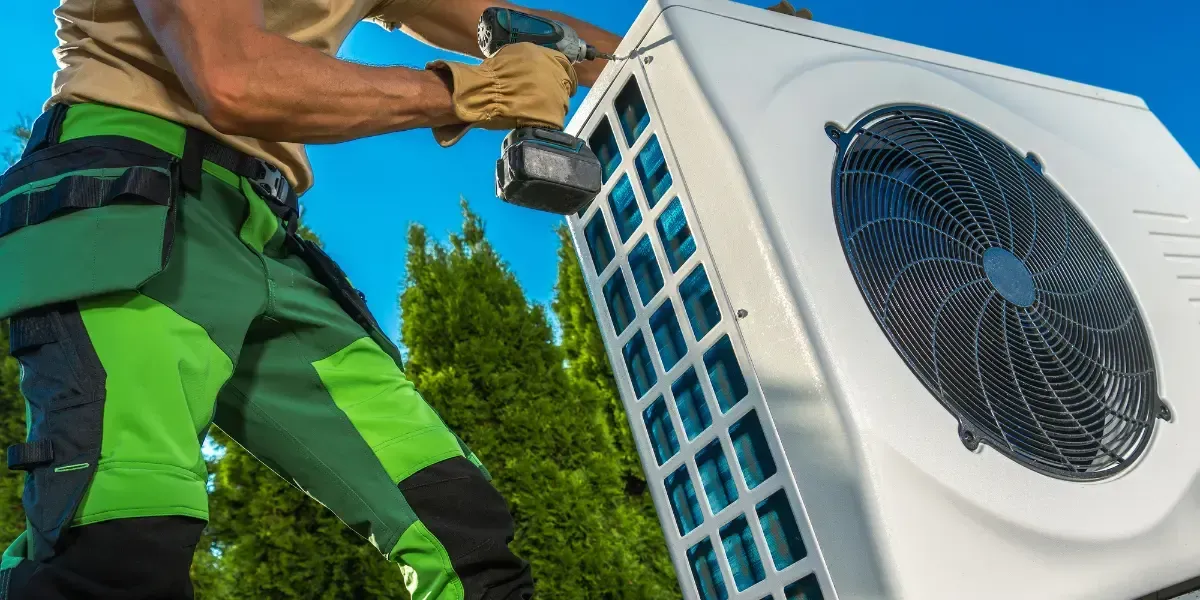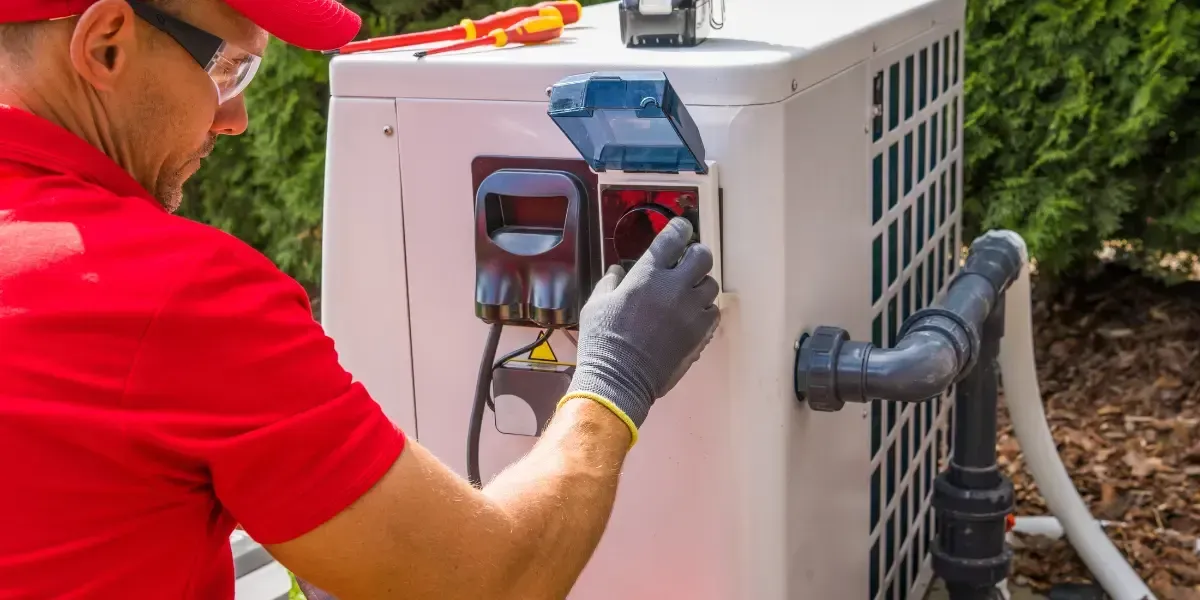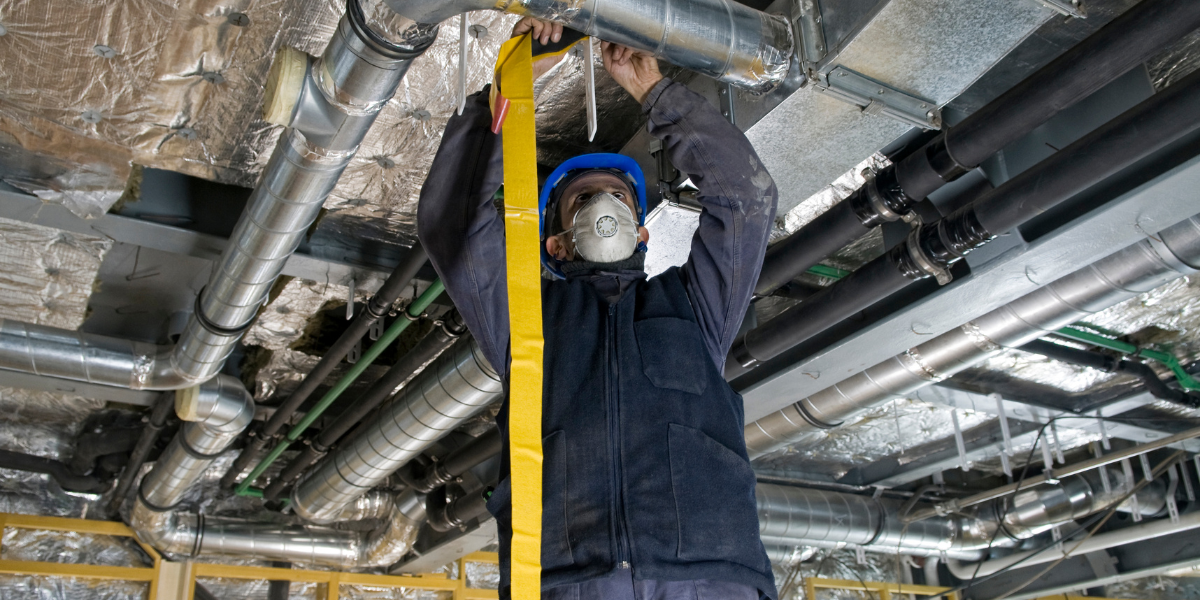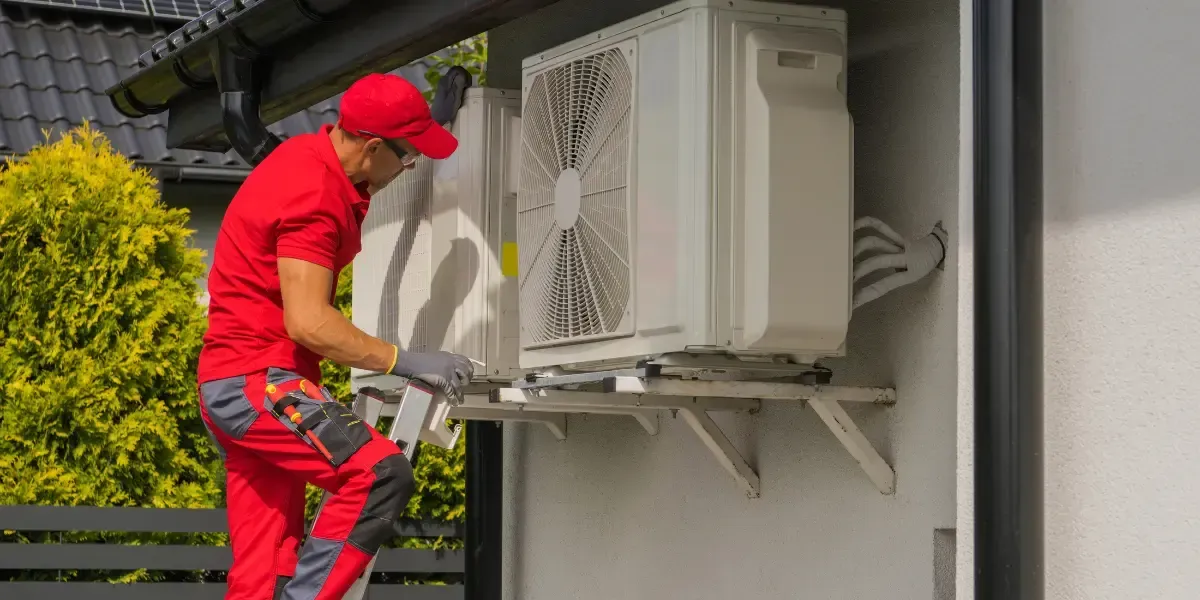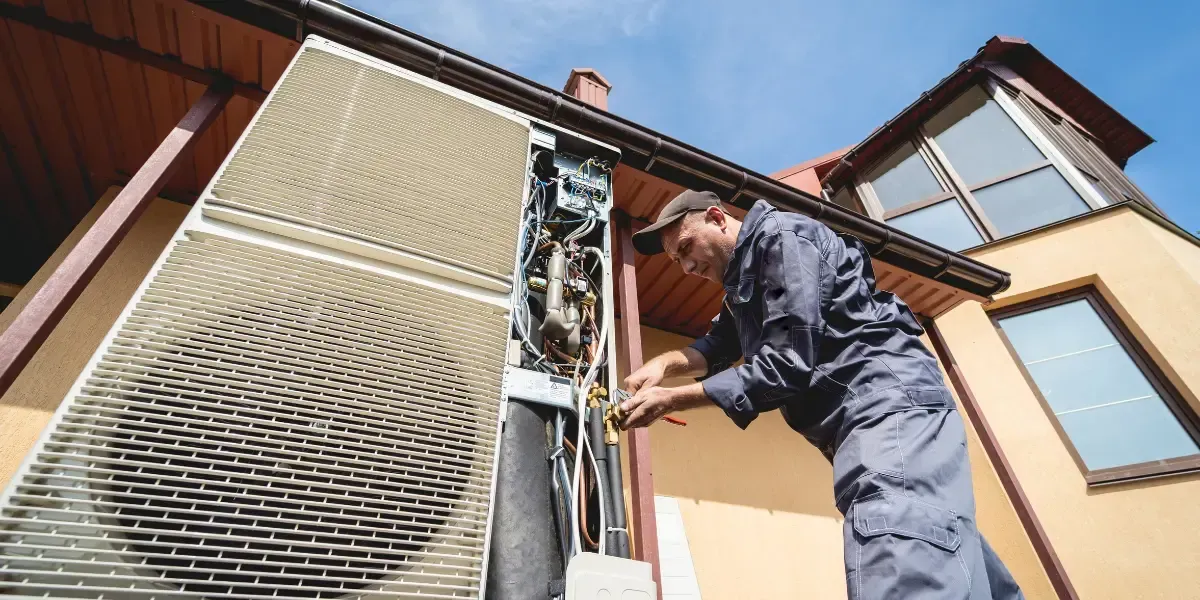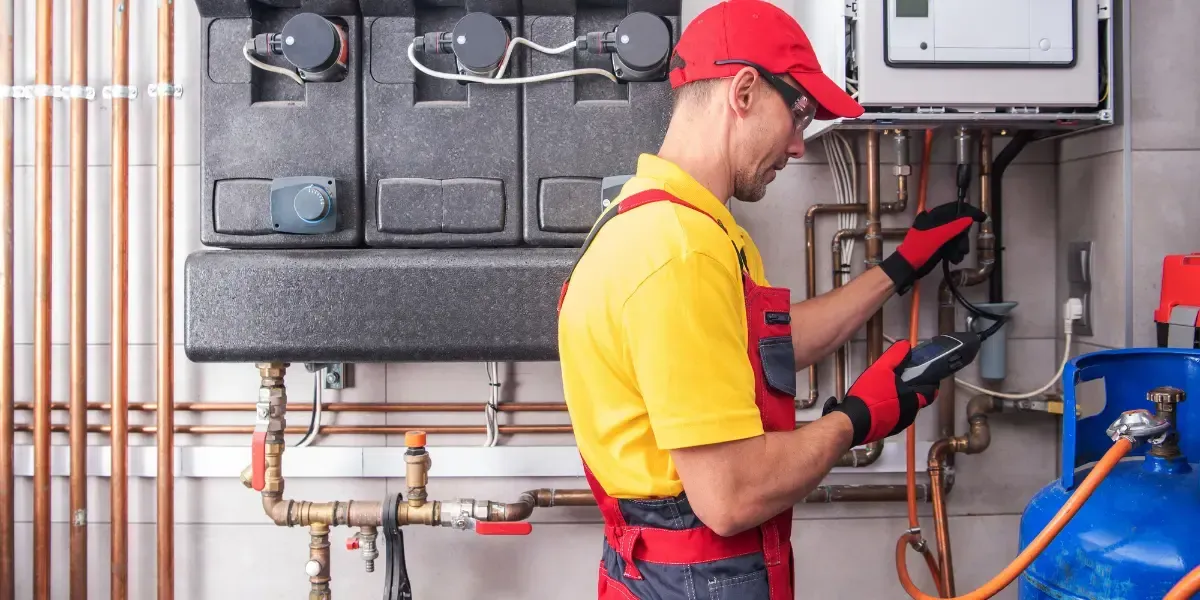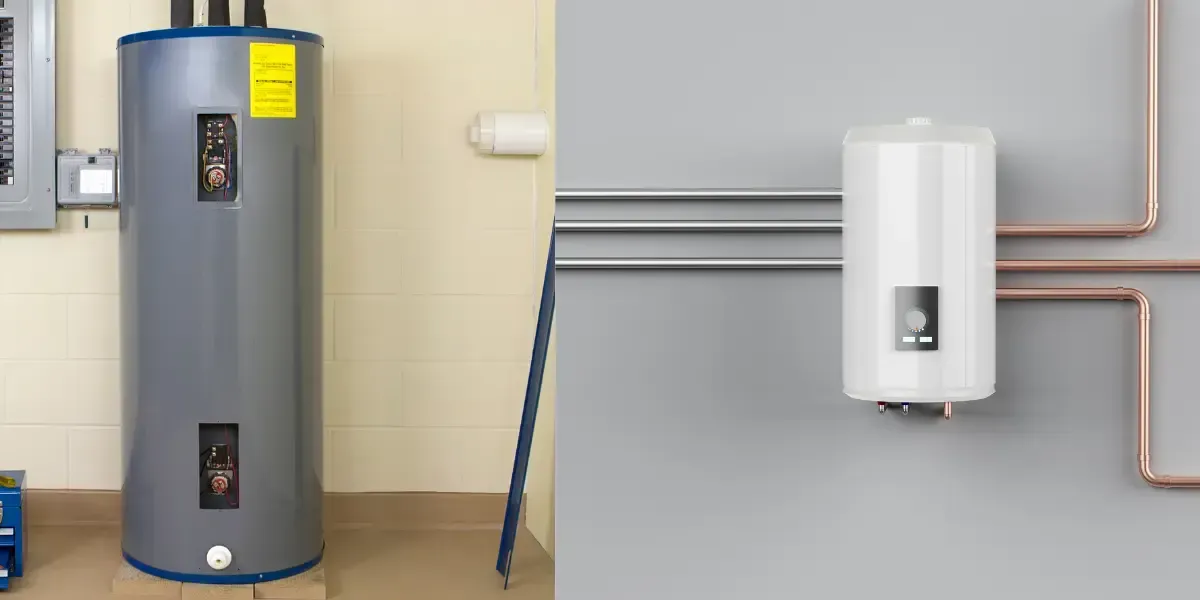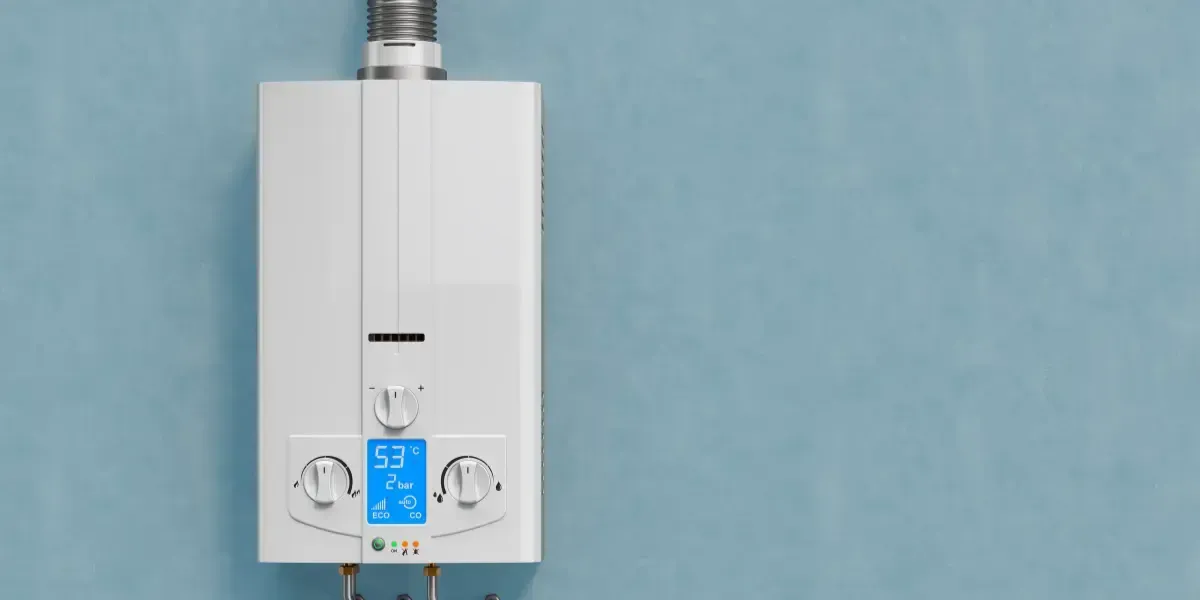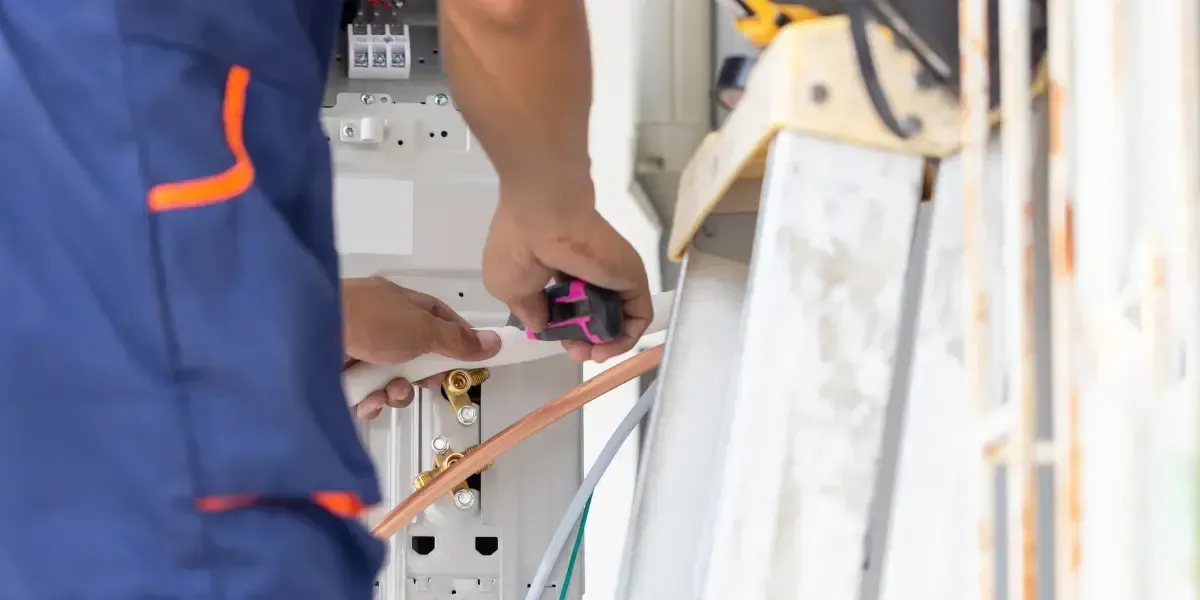How a Heat Pump System Works: A Complete Guide
In today’s world, energy efficiency and cost savings are top priorities for homeowners and businesses alike. One of the most effective ways to achieve both is by installing a heat pump system. Unlike traditional HVAC systems that rely on fossil fuels, heat pumps transfer heat rather than generate it, making them a sustainable and cost-effective solution for heating and cooling.
If you’re wondering
how a heat pump system works, you’re in the right place. In this guide, we’ll break down the mechanics behind heat pumps, explore the different types, discuss their benefits, and highlight why they are an excellent choice for your home or business.
Key Takeaways
- Heat pumps transfer heat rather than generate it, making them energy-efficient.
- They provide both heating and cooling for year-round comfort.
- There are three main types: air-source, ground-source, and water-source heat pumps.
- Heat pumps help lower energy bills and reduce environmental impact.
- Monterey Bay Heating and Cooling offers expert heat pump installation and maintenance services.
What Is a Heat Pump?
A heat pump is an energy-efficient HVAC (heating, ventilation, and air conditioning) system that transfers heat from one place to another rather than generating it. By using a refrigeration cycle, heat pumps can provide both heating and cooling, making them a versatile solution for year-round climate control.
Heat pumps work on the principle of thermal energy transfer. During the winter, they extract heat from an external source—such as air, water, or the ground—and move it indoors. In the summer, the system reverses, extracting heat from inside your home and releasing it outdoors, effectively cooling the space.
How Does a Heat Pump Work?
The Refrigeration Cycle
A heat pump operates using the same basic principles as an air conditioner or a refrigerator, utilizing a refrigeration cycle that consists of the following key components:
- Compressor – Pressurizes and circulates the refrigerant, increasing its temperature.
- Evaporator Coil – Absorbs heat from the surrounding environment.
- Condenser Coil – Releases the absorbed heat into the designated space.
- Expansion Valve – Lowers the pressure of the refrigerant to restart the cycle.
Heating Mode
- The evaporator coil absorbs heat from an external source (air, water, or ground).
- The compressor increases the temperature of the refrigerant.
- The heated refrigerant passes through the condenser coil, which releases heat into your home.
- The refrigerant then cools down, passes through the expansion valve, and the cycle repeats.
Cooling Mode
- The indoor coil acts as an evaporator, absorbing heat from inside the home.
- The compressor pressurizes and circulates the refrigerant.
- The outdoor coil acts as a condenser, releasing heat outside.
- The refrigerant cools down, passes through the expansion valve, and the process continues.
Types of Heat Pumps
1. Air-Source Heat Pumps
These are the most common type, extracting heat from outdoor air and transferring it indoors. Air-source heat pumps work efficiently in moderate climates but may require supplemental heating in extremely cold conditions.
2. Ground-Source (Geothermal) Heat Pumps
These systems utilize the earth’s constant temperature by extracting heat from the ground. Geothermal heat pumps are highly efficient, but their installation requires underground piping, making them more expensive upfront.
3. Water-Source Heat Pumps
These extract heat from a nearby water source, such as a lake or well, and provide efficient heating and cooling. However, they require proximity to a reliable water source to function effectively.
Benefits of Heat Pump Systems
Energy Efficiency
Heat pumps provide up to three times more energy than they consume, reducing electricity usage and lowering energy bills.
Environmentally Friendly
Because they transfer heat instead of generating it, heat pumps produce fewer carbon emissions than traditional heating systems that rely on fossil fuels.
Dual Functionality
A heat pump provides both heating and cooling, eliminating the need for separate HVAC systems
.
Improved Indoor Air Quality
Heat pumps help regulate humidity and reduce dust, allergens, and pollutants, leading to cleaner and healthier air indoors.
Long-Term Cost Savings
Although the initial installation cost of a heat pump may be higher than traditional HVAC systems,
lower energy bills and reduced maintenance costs result in significant savings over time.
How Monterey Bay Heating and Cooling Can Help You
At Monterey Bay Heating and Cooling, we specialize in expert heat pump installation, maintenance, and repair services. Whether you’re looking to upgrade your current HVAC system or need professional guidance on choosing the right heat pump, our experienced technicians are here to help.
Why You Should Choose Monterey Bay Heating and Cooling
- Experienced HVAC Professionals – Our team has years of expertise in heat pump installation and maintenance.
- Energy-Efficient Solutions – We prioritize eco-friendly and cost-effective heating and cooling solutions
- Customer-Centric Service – Your comfort and satisfaction are our top priorities.
- High-Quality Equipment – We install top-rated heat pump systems for maximum efficiency and durability.
- Affordable Pricing & Financing Options – We offer
competitive pricing and flexible payment plans to suit your budget.
Conclusion
Heat pump systems are a reliable, energy-efficient, and eco-friendly solution for modern homes and businesses. They provide both heating and cooling, helping you maintain a comfortable indoor environment year-round while reducing energy costs.
If you’re considering installing a heat pump,
Monterey Bay Heating and Cooling is here to help. Contact us today at
(831) 905-6480 or visit our website for expert HVAC services tailored to your needs.
Frequently Asked Questions
How long do heat pumps last?
A well-maintained heat pump can last 15 to 20 years. Regular servicing helps maximize its lifespan.
Are heat pumps effective in cold climates?
Yes! Modern cold-climate heat pumps are designed to work efficiently even in subzero temperatures.
Do heat pumps require a lot of maintenance?
Not at all. Annual maintenance and regular filter cleaning are usually enough to keep them running efficiently.
Are heat pumps expensive to install?
Heat pump installation costs vary based on the type and home size, but government rebates and long-term energy savings make them a worthwhile investment.
Can a heat pump replace my air conditioner?
Absolutely! Heat pumps function as both an air conditioner and a heater, eliminating the need for separate cooling and heating systems.

